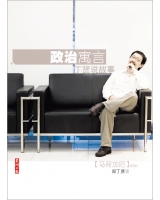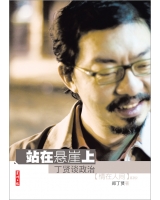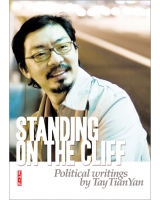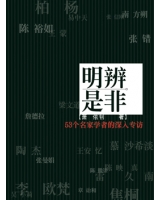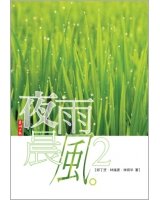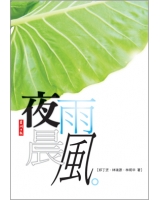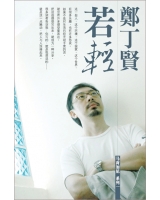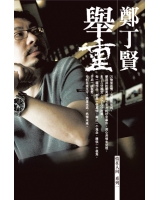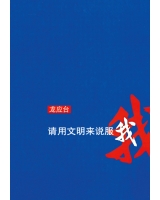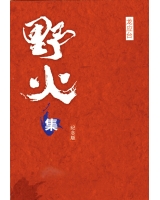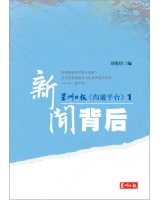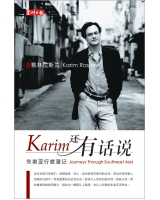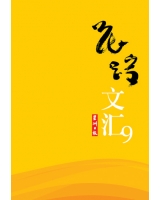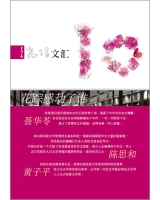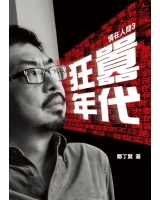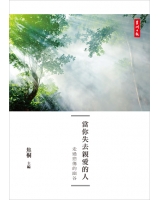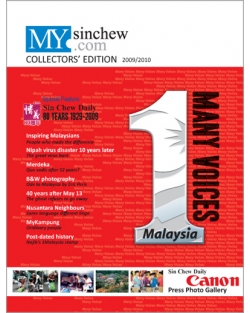 點圖放大 |
|
||||||||||||||||
簡介:
Why a collectors' edition?
There are 80 reasons as this year Sin Chew Daily is 80 years old. But there is perhaps just one good reason to publish a collectors' edition in English. Because there is none available. The last one folded up eons ago. Yet we suspect there is readership for such publications. To prove the point, here's our collectors' edition 2009/2010.
Newspapers are of little use. We read them today and tomorrow they end up as wrappers for our nasi lemak and nasi bungkus. No one collects newspapers other than those who gather them and pass it on for re-cycling into tissue paper and toilet rolls. What an environmental disaster that millions of trees are chopped down to make pulp to make newsprint only to be thrown away to be re-cycled. More than an irony, it is also a gross insult to the egos of journos to be told that their shelf-lives are only good for less than 24 hours.
So we toyed with the idea of producing a collectors' edition from expired content. But really, good content seldom expire as they last very long because they are read many times over. Some are collected by one generation for another.
But it is not a re-hash of old garbage. The news, features and photo-stories are culled from Sin Chew Daily and translated into English and posted on our English portal, MySinchew.com, for those who do not read Chinese. So what is old news in one language is new when rendered in another language.
From the mountain of content we hand-picked the good stuff for inclusion in the collectors' edition plus some other third party content and specially commissioned pieces.
It is not an annual record as our content is not chronological. Rather we attempt to give context to water-shed events in the past 12 to 18 months by aggregating a slew of diverse voices other than our own. We try to be even handed even though that is virtually impossible in local journalism. But if at all our content seems to fall on the wrong side of the establishment, it is not because we created it through some genius of our own. We are merely mirroring it.
We also choose to leave out fashion, recipes, sudoku, horoscopes, etcetera, etc. That apart, anything else that is found missing is plainly due to our Freudian slip. We have put in jokes, of course, but they crack up at some insane moments, so you have to watch out for them.
We also want to prove a point that there is no dichotomy between the new media and old. They are either complementary or a hybrid. Our content is primarily Chinese print, which is digitalised into both Chinese and English and then re-cycled into print in English the form of this collectors' edition. Some of the non-Chinese content would possibly be translated later to become Chinese print content. A double or reverse re-cycling of sorts. The challenge is to capture the editorial nuances by adopting a thought-for-thought translation instead of a literal one.
We hope and trust you will enjoy reading it as much as we had fun putting it together. All content are taken from Sin Chew Daily and www.MySinchew.com, unless otherwise credited.
Happy reading.
目錄:
PART A
- Sin Chew Daily – Canon Press Photo Gallery
- 1Malaysia
- Merdeka 52 years
- Voices
- 40 years after MAY 13
- Untimely departures
- Perak
- Nusantara neighbours
- Nipah virus 10 years later
PART B
- Off-road Country
- B&W Photography
- 80 years – Sin Chew Daily
- MyKampung
- People
內文摘錄:
-
We share much in diversity
Let's focus on common virtues.
The Prime Minister's 1Malaysia has very quickly caught the imagination of the Malaysian public. It has, as to be expected, produced some mixed reactions ranging from sheer ecstasy, utter disbelief with a heavy overlay of cynicism and the standard non-committal shrug of the shoulders. The message is clear. We will believe Najib when we see the colour of his money.
It is not an unreasonable attitude to adopt given the well-known intractable position of Umno on such a fundamental issue as equality of opportunity for all. There is no hope in hell or heaven, take your pick, that Najib will be able to persuade Umno members to jettison their only political capital, howsoever acquired, that has enabled them all these decades to remain on top of the heap, irrespective of the highly questionable moral and ethical 'legitimacy' of racial discrimination as their comprehensive, over-arching national policy.
The government as we all know has taken the soft option – that of giving in to the demands of one section of the community and unapologetically denying the rest who make up an important and very substantial minority, their rights as citizens of this country. Many labour, and justifiably so, under a deep sense of deprivation and neglect.
Najib's 1Malaysia will forever remain an idea whose time has not come unless he is clear in his own mind that the starting point of his media savvy slogan is national integration.
The process must start with a conscious political decision to dismantle discriminatory policies, systems and procedures. These policies as practised today are the antithesis of nation building, national unity and racial harmony.
They must go, and the sooner these iniquitous practices are made illegal and replaced with policies which are inclusive, fair and equitable, the sooner will we achieve national integration and identity. We may have a country, but strictly speaking, if we persist with the current policies, we may never in a thousand years succeed in creating a nation.
Najib is being presented with both a challenge and an opportunity to re-create and reform Malaysia into a country that draws strength from its tangle of peoples, cultures and religions. We share much in our diversity and let us focus on those common values and virtues that unite us. Instead, many of us would rather spend our waking hours looking to highlight issues that divide us.
One tragic consequence of Malaysia's officially-sanctioned racial discrimination is the alienation of our non-Malay children of Chinese and Indian origin. How, in all fairness, can we expect them to love this country of their birth if they know that in practice they are treated differently from Malay or even Mamak children?
It is not surprising that many make their way to schools in Singapore under Singapore's Asean scholarship scheme. We have lost over the years thousands of our brightest young Malaysian Chinese and Indian children to Singapore to the detriment of our social and economic development. Few return, only to leave again for greener pastures. We cannot subject people, at the most impressionable stage of their lives, to discrimination, especially in education and employment, and expect them to be patriotic and die for the country.
Najib is being watched carefully by the people of this country to see whether he has the stomach for meaningful reform, the sort of reform that will thrust Malaysia into the ranks of respected democratic nations, fully observing the central tenet of justice, fair play and equity in the governance of a multi-racial people. His credibility, both as a person as well as prime minister, will suffer irreparably if he does not deliver the promised package of goodies as understood by the people of this country.
He is under considerable pressure to explain in clear, simple terms, what he means by 1Malaysia. We wait with bated breath for the ceremonial rolling out of Najib's great vision for Malaysia. He will have our support in this magnificent endeavour if his version coincides with justice and equity for all Malaysians.
There is perhaps a need to remind ourselves of the very real anxiety, rightly or wrongly, felt by most Malays that while they are continually being asked to make one concession after another, what are their non-Malay cousins bringing to the table, they ask? If we are talking about equality of opportunity, why stop at economic, social and educational opportunities?
As Malaysians, should we not also want to share the sacrifices made by the largely Malay police and the armed forces in protecting and defending our Malaysia in peace and war? Privileges and responsibilities are somehow intertwined, and we cannot have one without the other. Food for thought.
(By Tunku Abdul Aziz, author, former Special Adviser to the UN Secretary General where he established the UN Ethics Office, 2 May 2009).








 購物車
購物車